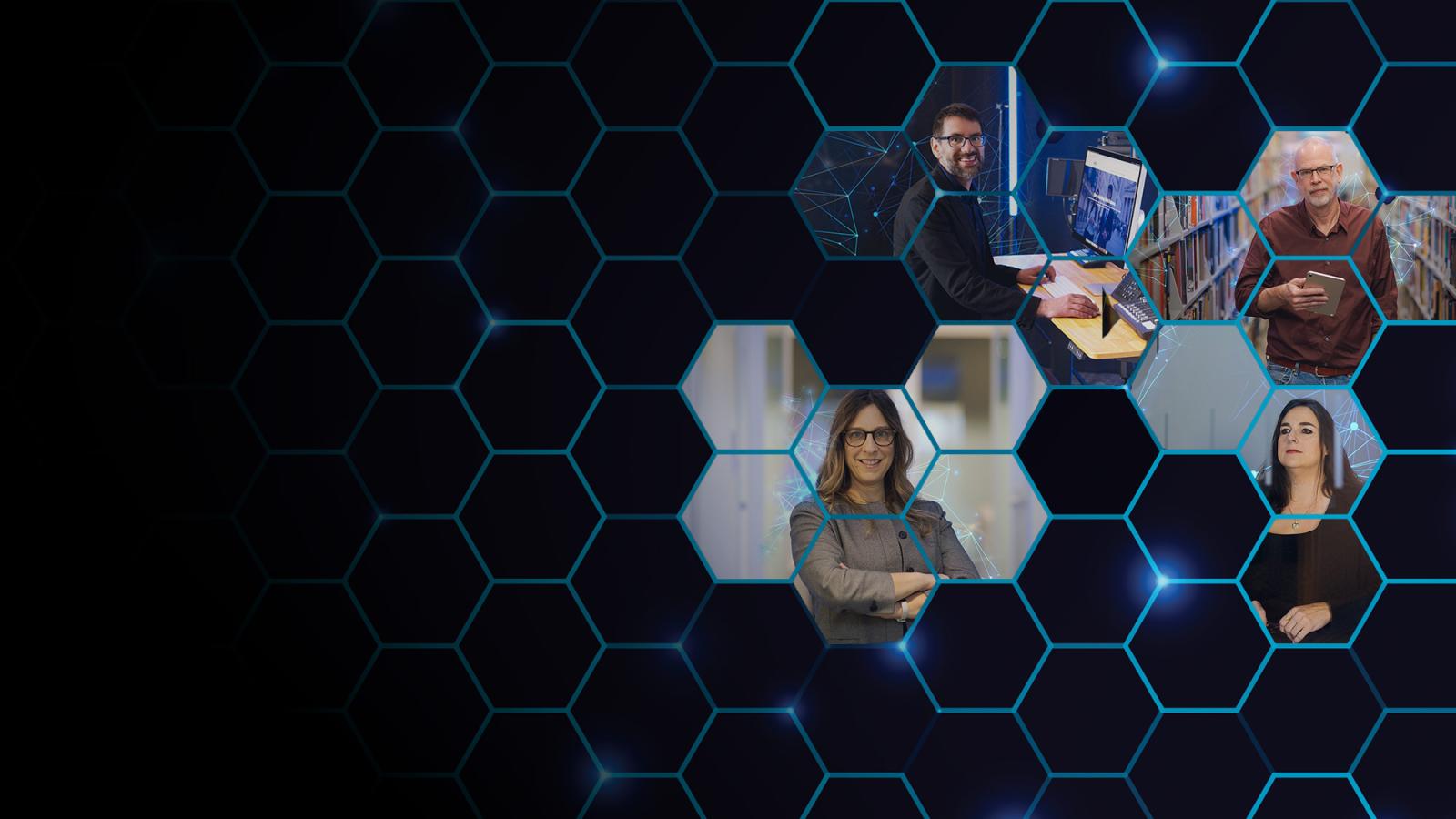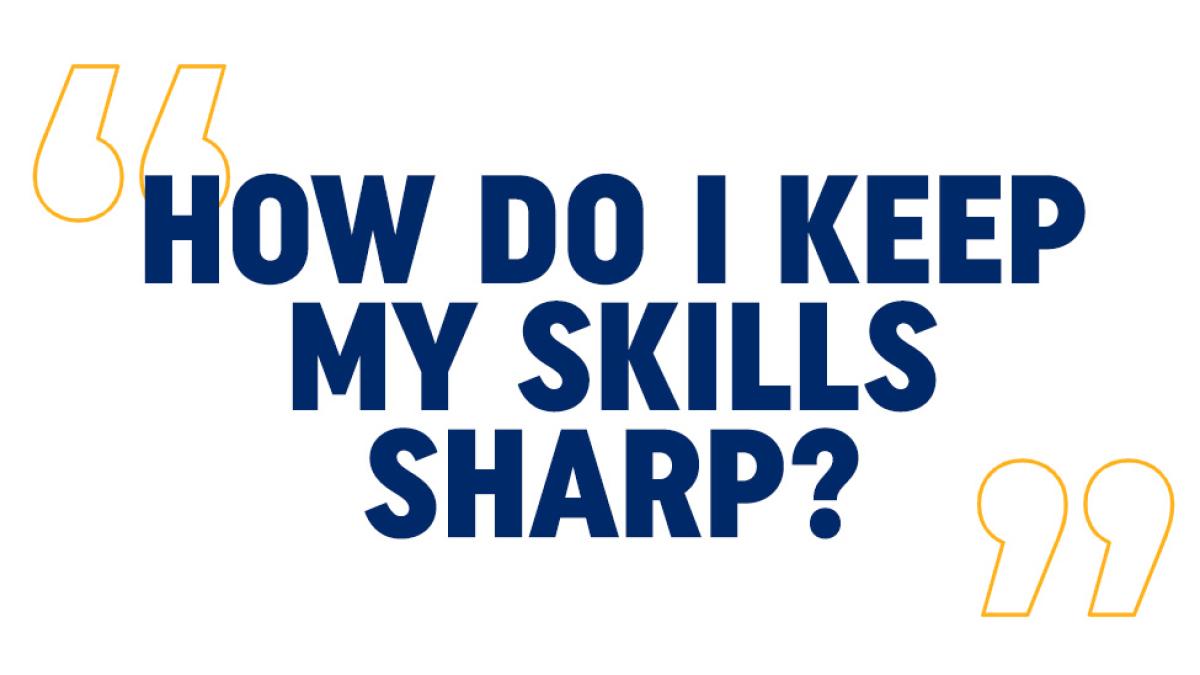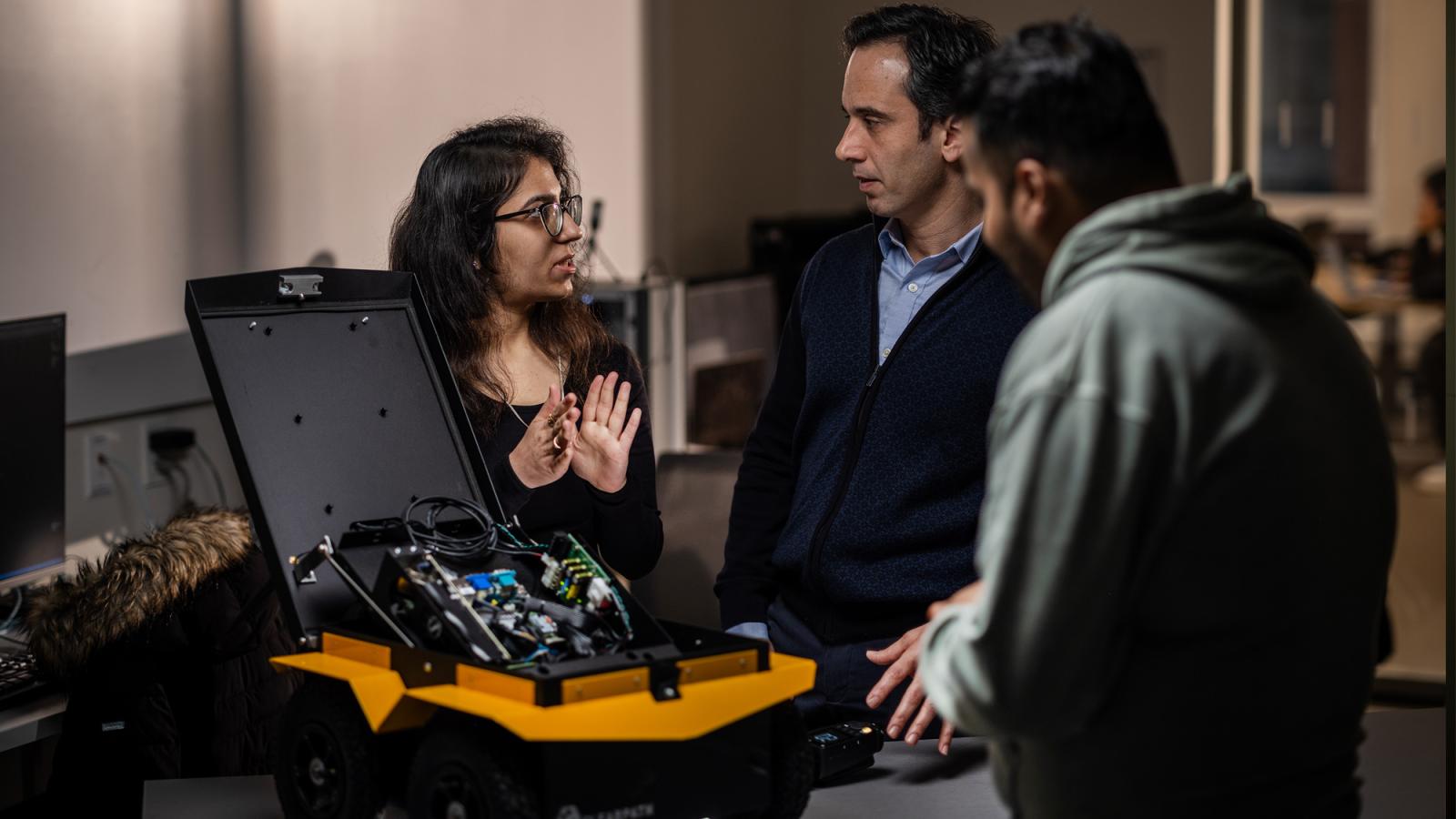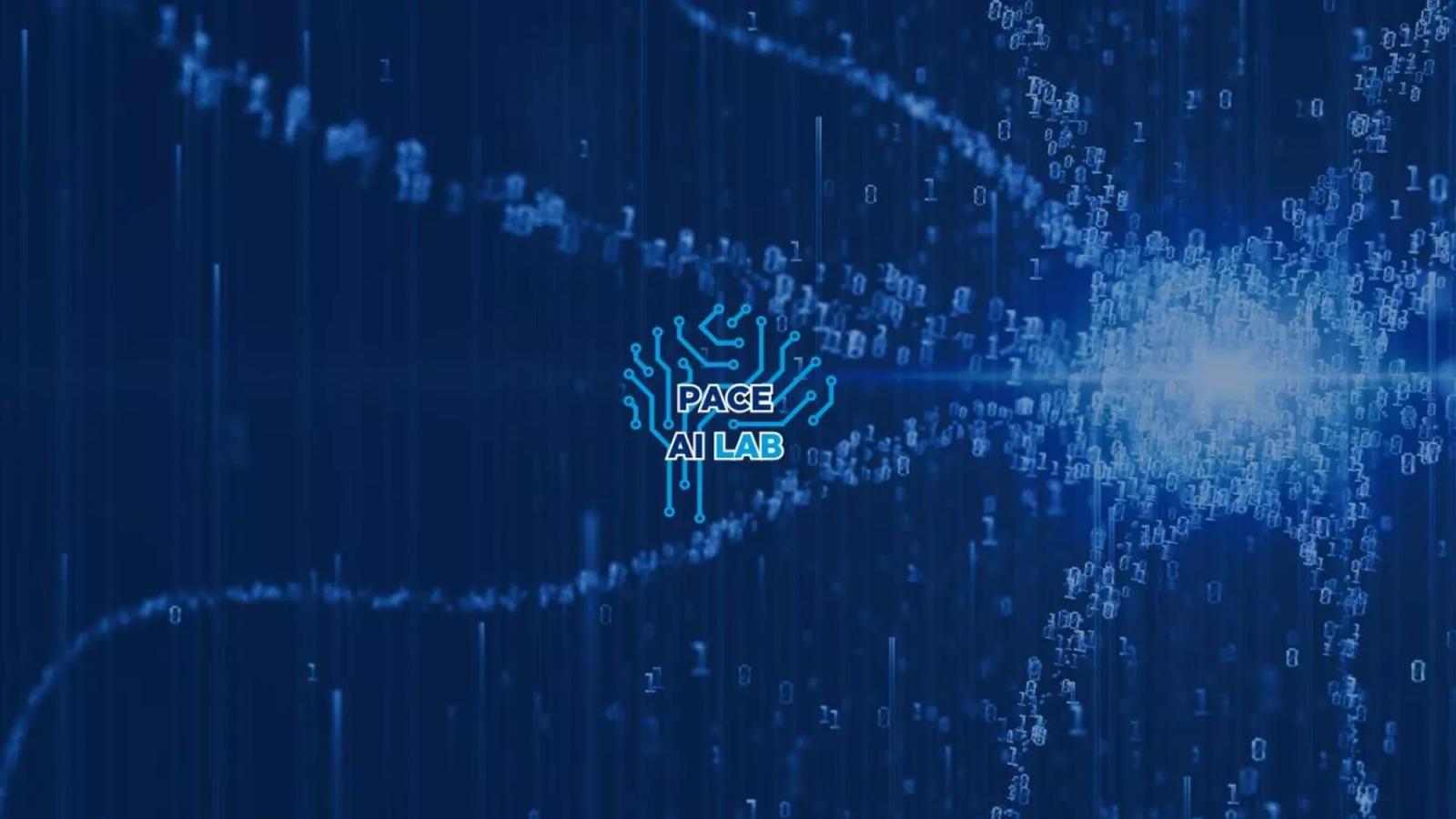Like all new technologies, AIs’ processes are encoded with the biases of its developers. In a capitalist society, developers are likely to value profit over human wellness. Some scholars are concerned that because GenAI relies on user prompts and develops its intelligence by building on existing information and patterns, it is not equipped to challenge social norms or stereotypes.

AI is Here. Now What?
AI: Revolutionary or risky?
This deep dive explores both sides of the debate, featuring insights from Pace University’s experts. From the push for rapid AI adoption in medicine, education, and social good to the ethical concerns and creative risks that call for caution, we examine the choices shaping our AI-driven future.

Living the AI Experiment
As artificial intelligence seeps into every facet of life, Pace scholars are working to harness the technology’s potential to transform teaching and research. While the road ahead is fraught with uncertainty, these Pace experts see a fairer and safer AI-driven future.
Critical Thinking About Generative AI
By Professors Emilie Zaslow, PhD, and Brian McKernan, PhD
AI has already provoked a “crisis” in intellectual property, with artists expressing concern that AI is using their works without permission and threatening their livelihood. AI thus raises critical questions about what it means to “own” an idea or creative expression as well as the meaning of creativity in general.
Serious consideration must also go into developing and implementing strategies to prevent AI from exacerbating the digital divide. Who will have access to the highest quality AI? Will it remain free and open or will those with greater privilege, have access to more powerful and advanced tools?
Please Use Responsibly: AI in Literacy
Generative AI is transforming education, but is it a help or a hindrance? Pace University literacy experts Francine Falk-Ross, PhD, and Peter McDermott, PhD, critically assess AI’s role in teaching and learning, exploring its potential to enhance literacy while raising concerns about its impact on research, critical thinking, and academic integrity.


The Promise and Peril of AI in Healthcare
With artificial intelligence remodeling how healthcare is researched, and delivered, Pace experts from the Seidenberg School of Computer Science and Information Systems and the College of Health Professions are shaping the technology—and erecting the guardrails—driving the revolution.
Rethinking Education for an AI Future
Pace President Marvin Krislov recently participated in a conversation at Google Public Sector Generative AI Live & Labs as part of the Future U. podcast. He joined higher ed leader Ann Kirschner, PhD, and Chris Hein, Field CTO at Google Public Sector, to discuss the evolving role of AI in higher education.

Navigating AI Responsibly
By Katherine Pradt of the Pace University Library
Since the advent of GenAI tools, privacy has been an issue. Any info that you put into a GenAI tool—including the content you create, like prompts or material you upload to work on—can theoretically be used to train the AI.
Generative AI is extremely sophisticated and powerful, and it requires sophisticated and powerful computers to run it. These, in turn, demand enormous amounts of energy and water.
Truly useful content requires a lot of human intervention. AI doesn’t do your weightlifting for you; it’s the gym equipment that makes it easy and convenient for you to do the weightlifting yourself.

Breaking Barriers, Building Futures
From helping immigrants start businesses, to breaking down barriers with AI-generated art, Pace professors are using technology to build stronger, more equitable communities.
The Next Frontier, or an Existential Threat?
Pace University Professor of Art Will Pappenheimer, who has long incorporated digital media and new technologies into his artwork, discusses his latest AI-influenced exhibition and the technology’s effects on the art world.


From the Desk of Professor No One
We set out to test AI’s ability to engage in real academic discourse by generating a fully AI-written, cited academic article that critically examines the ethical, societal, and educational pitfalls of generative AI. By pushing AI’s capabilities in research, citation, and argumentation, we’re not just showcasing what it can do—we’re questioning its limitations.
About This Publication
Produced by Pace University's Division of University Relations, this biannual digital publication is distributed to the Pace Community and friends of Pace University. This deep dive was developed by a team of writers with the assistance of a custom GPT model using OpenAI’s ChatGPT. While the team collaborated on research, writing, and editing, they take collective responsibility for the final text. The views expressed do not necessarily represent those of the staff or Pace University.









